Grass-Fed Butter: The Superfood in Your Fridge Door
You know the golden goodness that tastes amazing drizzled over seafood? The delicious condiment that adds moist, rich flavor to baked goods. The one that makes just about anything taste better?
Yes, I’m talking about butter.
And it’s time to spread the news, because golden, creamy butter is a true superfood!
Surprising, right? After all, few foods have been as wrongly maligned as this delicious delicacy.
A Pat (or Three) for Big Heart Health Benefits
For years we’ve been urged to limit our consumption of butter. After all, butter is fat – and “artery-clogging” saturated fat, at that.
But the truth is that saturated fats – from beef, butter or otherwise – don’t promote heart disease. In fact, they may even help prevent it.
A recent study published in the International Journal of Environmental Research and Public Health evaluated over 1,700 Swedish men over a 12 year period. The researchers found that fruit and vegetable consumption was associated with a decreased risk of heart disease – but only when combined with full-fat dairy consumption.
In other words, the men who enjoyed their plant foods with full-fat milk, butter and cream experienced less heart disease than the men who opted for margarine, skim and low-fat milk.
There is certainly no doubt that the men who ate their broccoli enrobed in a heavenly butter bath enjoyed it more. But what is it about butter that benefits the heart?
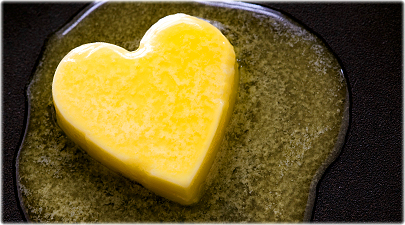
Vitamin K2: A Nutrient for Peak Heart Health
Butter is one of the richest sources of a vital, fat-soluble nutrient called vitamin K2 (menaquinone).
While the K vitamins are best known for their role in blood-clotting, the body also requires them to utilize calcium properly. And this is a key factor, not only for bone health, but for the cardiovascular system as well.
In fact, without sufficient levels of vitamin K2, excess calcium gets deposited in the arterial wall. This is a significant factor in the progression of heart disease.
It’s no wonder that numerous studies have found that a high intake of vitamin K2 can be a huge benefit to your cardiovascular health:
- A 2004 study, published in the Journal of Nutrition, analyzed the dietary intake of vitamin K2 among 4,807 people. Those with the highest intake had a significantly lower risk of coronary heart disease and atherosclerosis. They were also much less likely to die from heart disease.
- A 2010 review of studies found that vitamin K2 may help protect against cardio-metabolic disorders including heart disease, diabetes, and metabolic syndrome.
- The Rotterdam Study followed more than 4,600 men over the age of 55. The researchers found that the highest intake of vitamin K2 was associated with a 52 percent lower risk of severe aortic calcification, a 41 percent lower risk of coronary heart disease (CHD), a 51 percent lower risk of CHD mortality, and a 26 percent lower risk of total mortality.
Vitamin K2 is found almost exclusively in animal foods – especially butter, cheese and other dairy products from pasture-raised animals. Organ meats are also a rich source of K2.
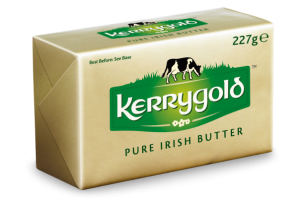 And by eating pastured butter, you won’t just get a heart-healthy dose of vitamin K2. You’ll also get the perfect nutrient delivery vehicle for it as well. The fat in butter helps the body absorb fat-soluble vitamins (including vitamin K2).
And by eating pastured butter, you won’t just get a heart-healthy dose of vitamin K2. You’ll also get the perfect nutrient delivery vehicle for it as well. The fat in butter helps the body absorb fat-soluble vitamins (including vitamin K2).
So go ahead and melt a healthy dollop of grass-fed Kerrygold butter on your broccoli, sweet potatoes and steak to get a delicious dose of absorbable vitamin K2.
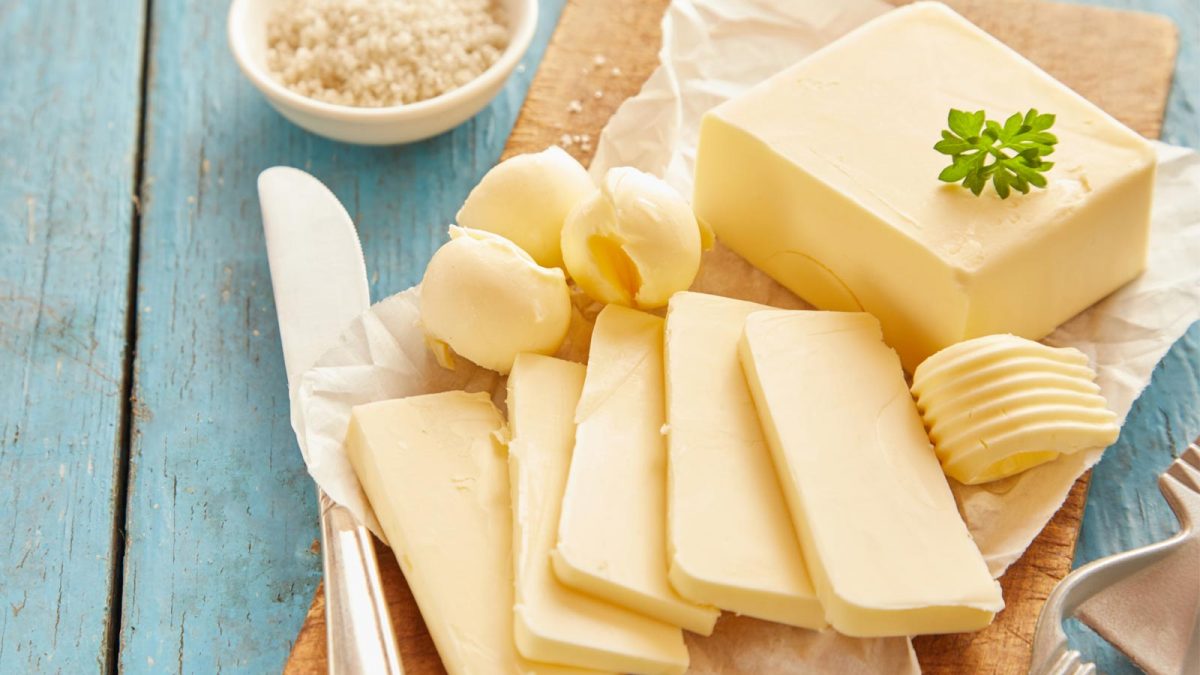
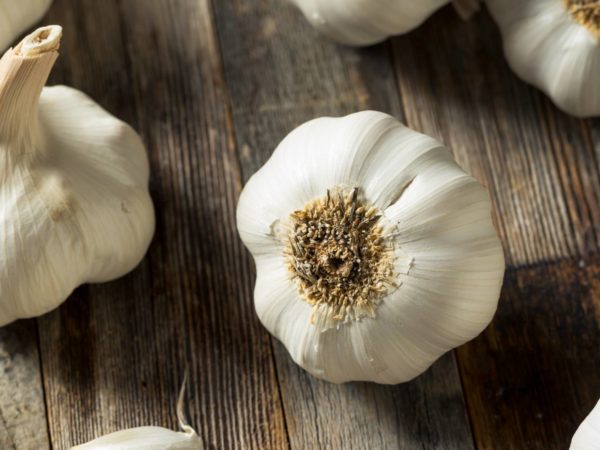
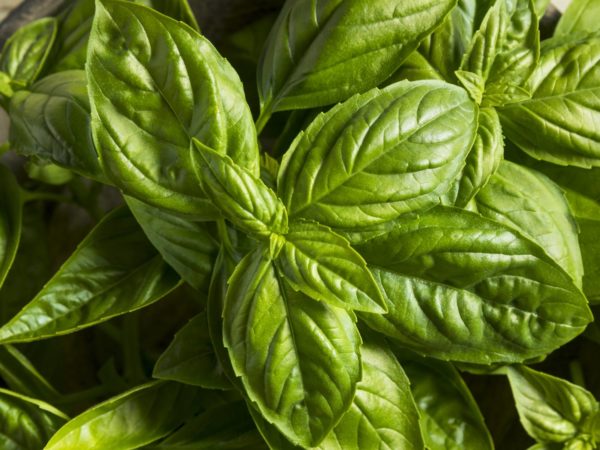
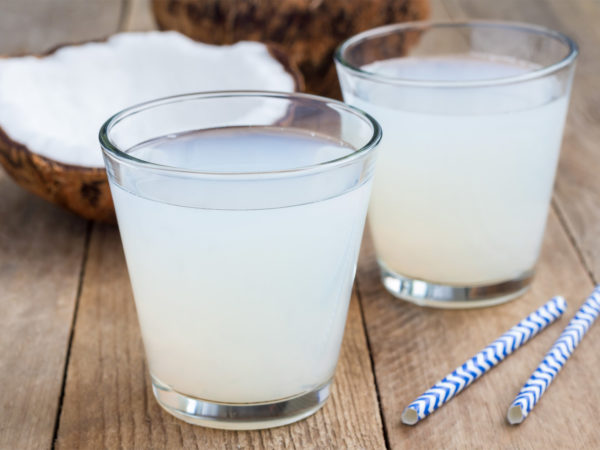
Leave a Reply